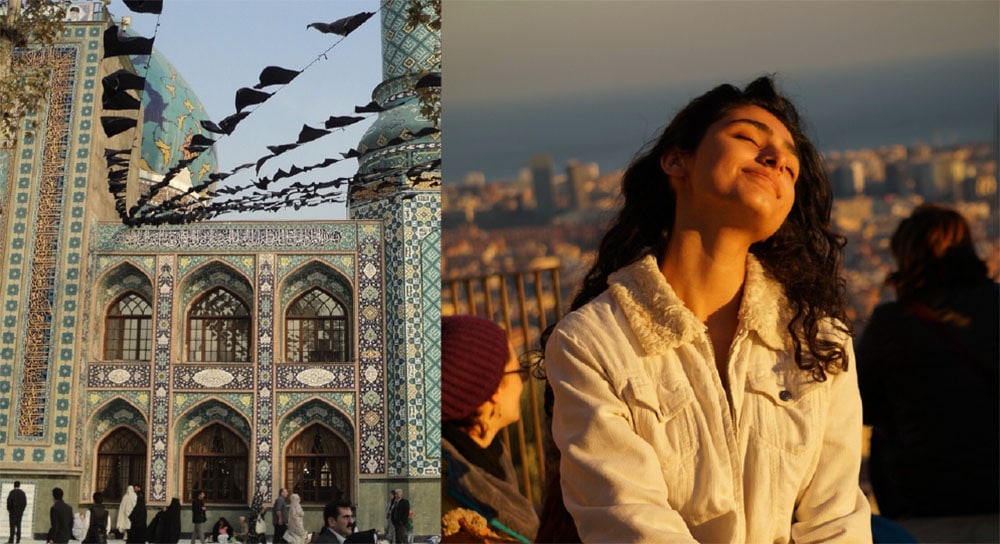 Right, Ava Lalezarzadeh, actor from the show
Right, Ava Lalezarzadeh, actor from the show At age 12, Farnoush Amiri, an Iranian-American journalist for the Associated Press, was awakened by over half a dozen armed federal agents in her family’s Orange County home shortly after 9/11. Soon thereafter, her family decided to minimize their Muslim and Middle Eastern descent: they stopped speaking Persian in public; her brother, Sohrab, changed his name to “Rob”; her mother no longer said hello to neighbors, and Amiri began chemically straightening her hair and feigning an interest in country music.
Esther Amini, the acclaimed Iranian-Jewish author of “Concealed,” tried to navigate a world in which her father, who lived as a crypto-Jew in Mashhad, resettled in America but continued to distrust friends and strangers. Still, he offered his daughter the security of unconditional love.
Asal Akhondzadeh had never experienced an Ashkenazi Passover seder until she entered the Hillel building at UC Berkeley. At the seder table, she looked around for a plate of scallions as part of the “Dayenu” recitation, during which Iranian Jews slap each other with the tails (and for more merciless warriors, the heads) of the pungent allium. When “Dayenu” came and went, with nary a scallion in sight, she knew she was out of her element. But would it be wise, months after 9/11, to inform her Ashkenazi peers that Iranian Jews effectively beat each other during the seder?
Iranians are nothing if not gifted storytellers. And when they convene to tell stories about the Iranian-American experience, I, for one, always put my phone on mute and reach for some popcorn topped with saffron butter.
And when they convene to tell stories about the Iranian-American experience, I, for one, always put my phone on mute and reach for some popcorn topped with saffron butter.
The aforementioned anecdotes constitute just some of the wonderful stories that will be presented by The Braid (formerly known as Jewish Women’s Theatre), during a virtual program devoted to the stories from a new generation on Iranian-Americans on June 19-28.
The show, which is called “Persian Sunrise, American Sunset,” will have four live performances on Zoom. “The name of the program signifies the ending of one chapter and the beginning of another,” the show’s producer, Ora Yashar, said. “However, there is still a space they occupy together—one is never truly independent of the other.”
The autobiographical narratives are deeply engaging. Some of the stories are hilarious, including one about a group of elderly Iranians who visit Glen Ivy Hot Springs. Others, such as the story of a young Iranian gay man who exercises his power of attorney to end the life and suffering of his terminally ill mother, are heartbreaking. “How do I forgive her for not hugging me when I came home from being bullied at school?” he asks. “How can I forgive her for getting me hormone therapy as a cure for being gay?”
In 2012, Jewish Women’s Theatre was the first theater company to present the stories of Iranian American Jewish women onstage, during a show called “Saffron and Rosewater,” which highlighted stories about escaping Iran after the 1979 Islamic Revolution. The show was a big success on both coasts; at the 92nd Y in New York City, it drew an audience of over 800 people who wanted to know more about the often overlooked experiences of Iranian Jews.
“While ‘Saffron and Rosewater’ was based on the first-generation stories of Iranian Jewish women, ‘Persian Sunrise, American Sunset’ tells the stories of mostly second generation Iranians regardless of religion, gender, etc., and thus provides more diversity of perspective, which is important for our community and those unfamiliar with who we are,” Yashar said.
Yashar is a writer and director who previously worked for Sony and Paramount studios. Growing up in Woodland Hills, she was friends with many Iranian Muslims. “I felt deeply bonded to these women through our Iranian roots and in a different way than I did my Ashkenazi Hebrew school friends,” she said. “I want to show our Iranian community the inherent bond that exists between us, while also highlighting the importance of having empathy for the diversity of our experience.”
The show focuses heavily on millennial voices that offer first-person accounts of a generation that, in many ways, is still struggling to define itself in the United States.
The show focuses heavily on millennial voices that offer first-person accounts of a generation that, in many ways, is still struggling to define itself in the United States.
One such voice is that of Los Angeles-based Rabbi Tarlan Rabizadeh, one of the few Iranian female rabbis in the world. Rabizadeh’s story, which will be featured in “Persian Sunrise, American Sunset,” recounts her efforts as a then high school student to tell her traditional Iranian family about her non-traditional career goals.
“It was a vulnerable piece, that conversation I had with my parents,” Rabizadeh said. “Truthfully, I was hesitant to ever share that conversation publicly. But I wanted people to understand the intense fear that I had to overcome to get here. Sometimes you must follow your own heart, even if it leads to a road never taken or scarier yet—a road of no return. Because if you let other people make your choices in life, whose life then are you living?”
The stories will be performed by Iranian American actors Nima Jafari, Niloo Khodadadeh, and Ava Lalezarzadeh, and the program will feature musical performances by Pontea Banayan.
“I’m so excited to be part of ‘Persian Sunrise, American Sunset’ because I’ve never seen or been part of a piece of theater that showcases the experience of my people—the Persian-Jewish people,” Lalezarzadeh said. “As we’ve seen a collective shift in focusing more on diverse storytelling, I feel compelled to share the vast and nuanced identities that exist within my community.”
Southern California is home to 700,000 Iranians, the largest population in the world outside of Iran. “In Los Angeles, Persians have enriched our city with food, rituals, styles, a strong focus on education and so much more, especially in communal life,” said The Braid’s Artistic Director, Ronda Spinak. “Both Persians and non-Persians will identify with feeling different, breaking free from traditional constraints or not being able to break free, longing for a place one only dreams of, these and other themes grab you. That’s why sharing these stories are of vital importance.”
The program is made possible with support from the Y&S Nazarian Initiative of the Jewish Federation of Greater Los Angeles, the City of Santa Monica, and the Robert Sillins Family Foundation and promotional partnership with 30 Years After, Iranian Hotline, and USC Casden Institute for the Study of the Jewish Role in American Life.
“The show offers a space for understanding, empathy and connection,” said Donna Maher, Assistant Director of the Y&S Nazarian Family Foundation Iranian Community Outreach at The Jewish Federation of Greater Los Angeles. “Whether someone is Persian or not, they can see themselves in these stories in some way or another and have an opportunity to come together as a community to laugh, cry, and feel as the stories of these writers come to life through theatre.”
Maher, whose parents were born in Iran, recognizes that such stories “offer an opportunity to look in a mirror of feelings and thought patterns that are unique to our experience as the children of immigrants who came to America as refugees. It’s a way for our stories to be heard and a statement that our stories are an important part of Jewish history.”
For Yashar, the show’s producer, there’s a lot at stake in accurate and compassionate representations of Iranians.
“We don’t often get to see ourselves portrayed (or portrayed with authenticity) in film, television or media,” she said. “When a community doesn’t see itself portrayed accurately in the larger society, this can be extremely stifling for its collective growth and the mental health of its members. The depths of who we are far surpass any stereotypes, and it’s important for those inside and outside of our community to see us presented in a real human way.”
“Persian Sunrise, American Sunset” will have four live Zoom performances June 19-28. Tickets start at $10. For ticket information, please visit The Braid.
Tabby Refael is a Los Angeles-based writer, speaker and civic action advocate. Follow her on Twitter @RefaelTabby.







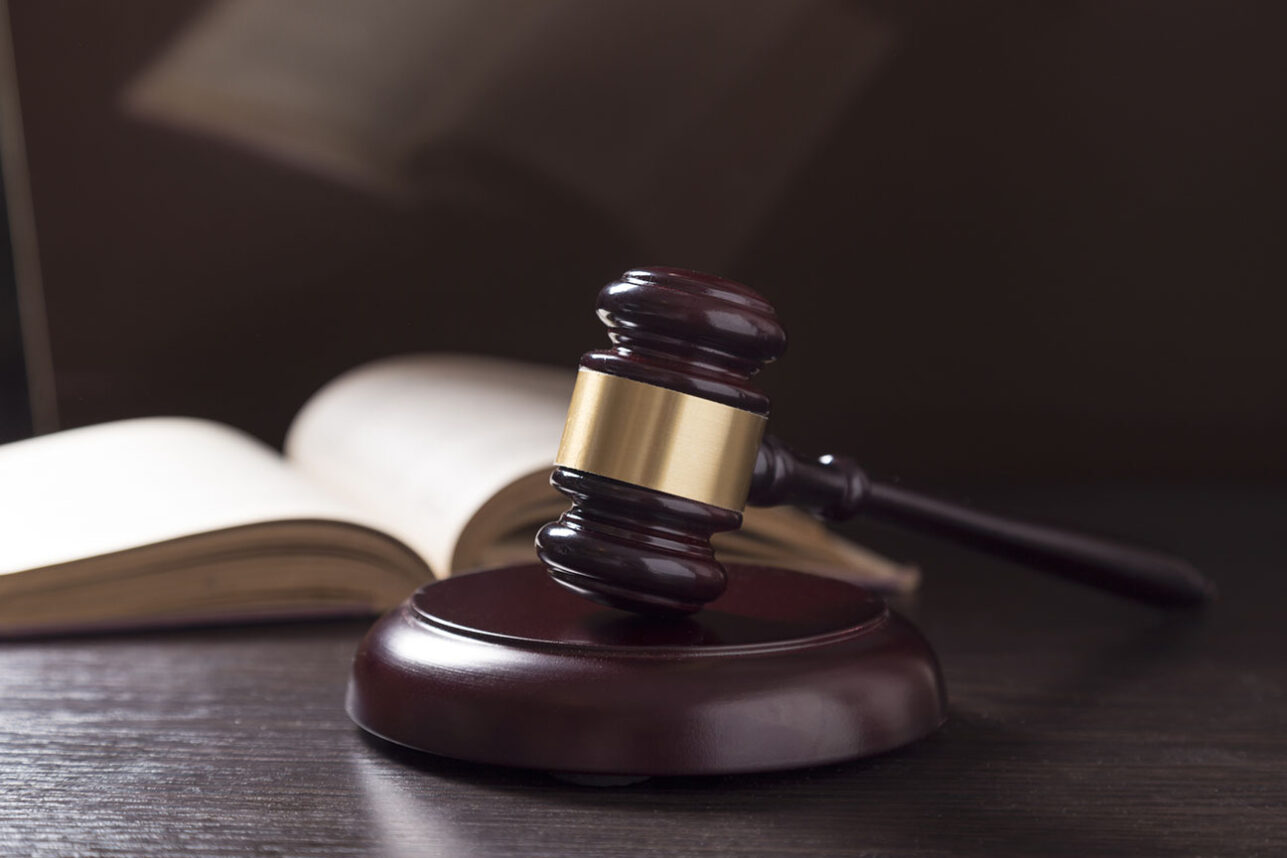
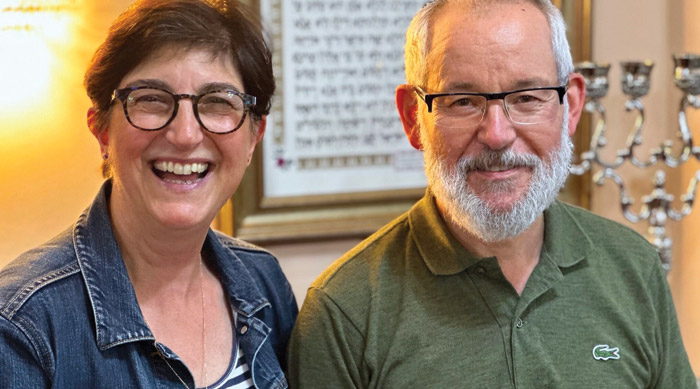
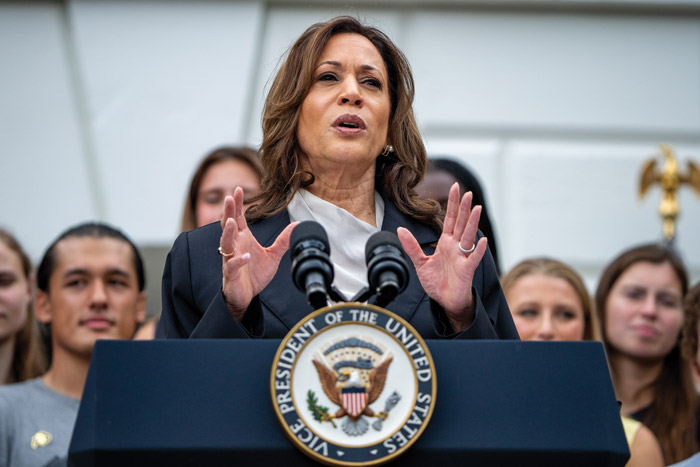
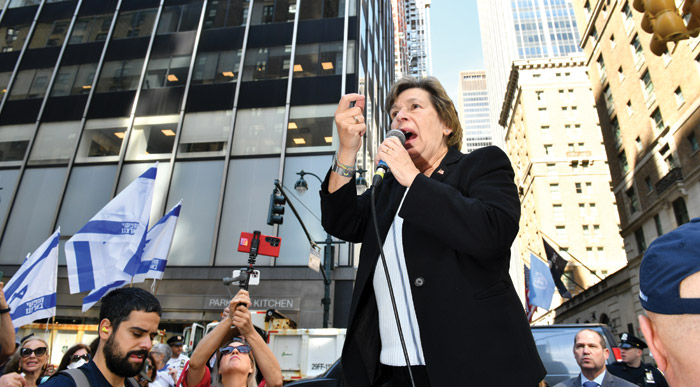
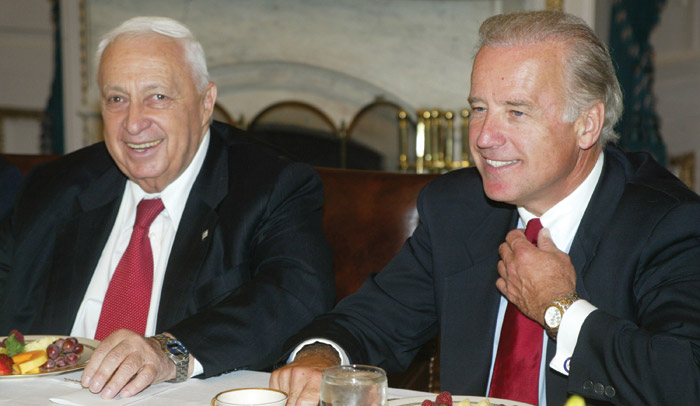
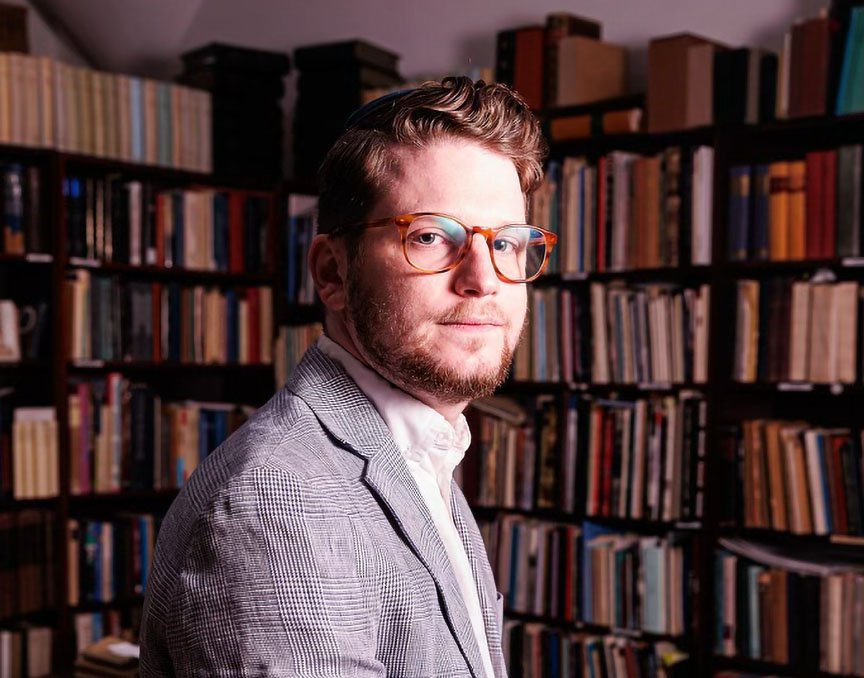
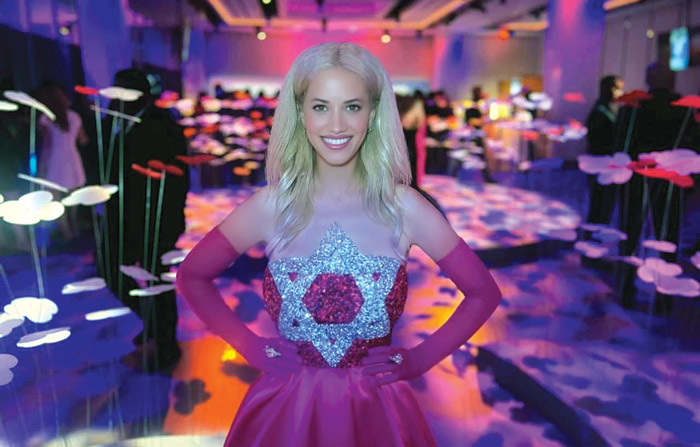
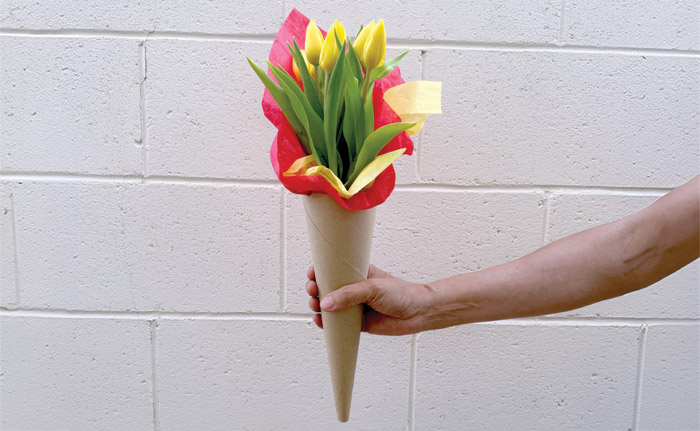
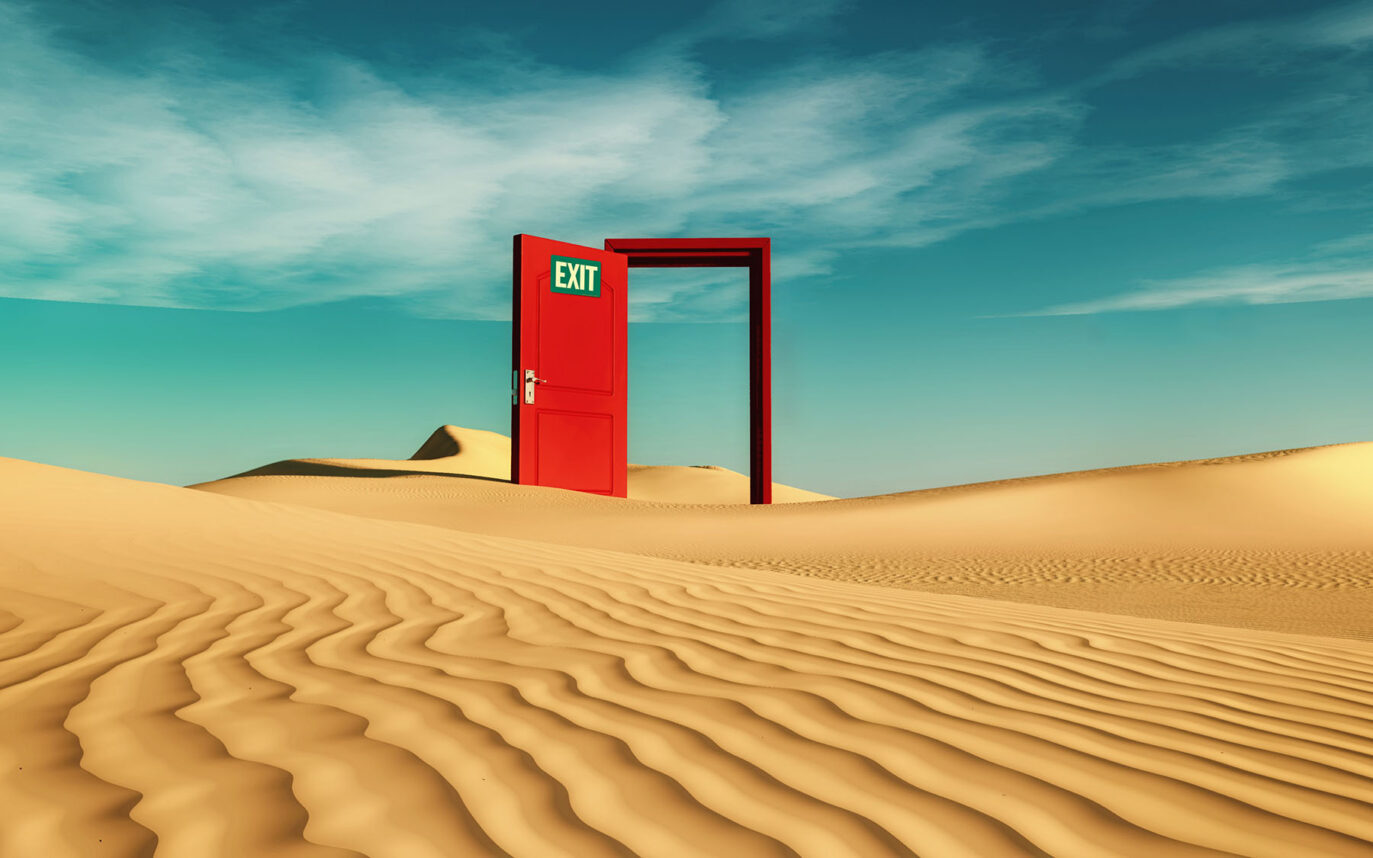
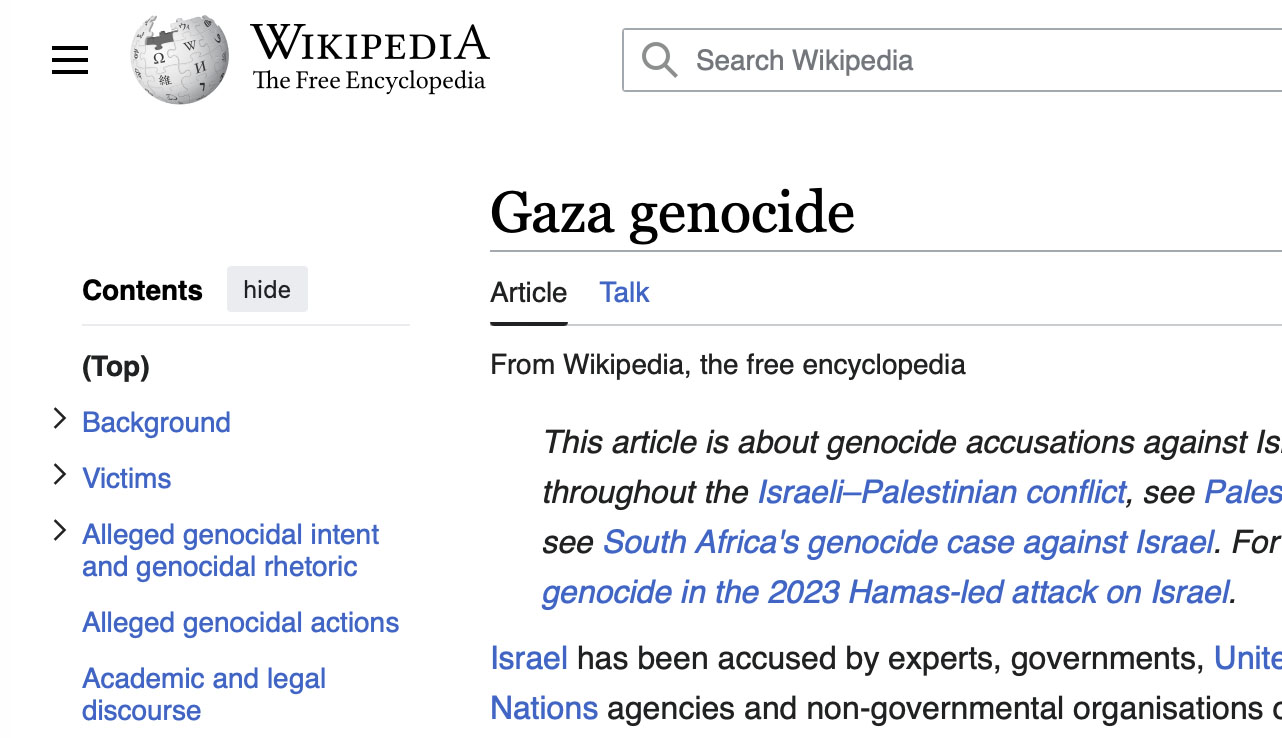



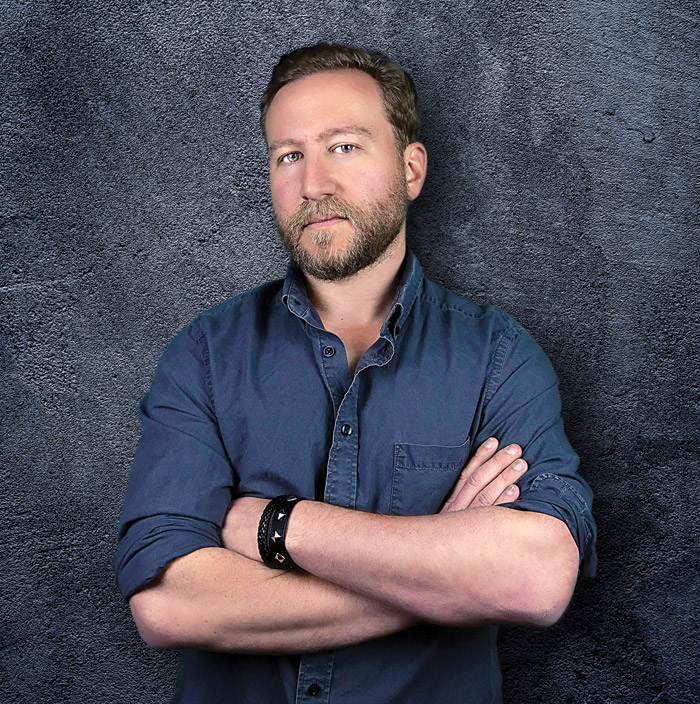
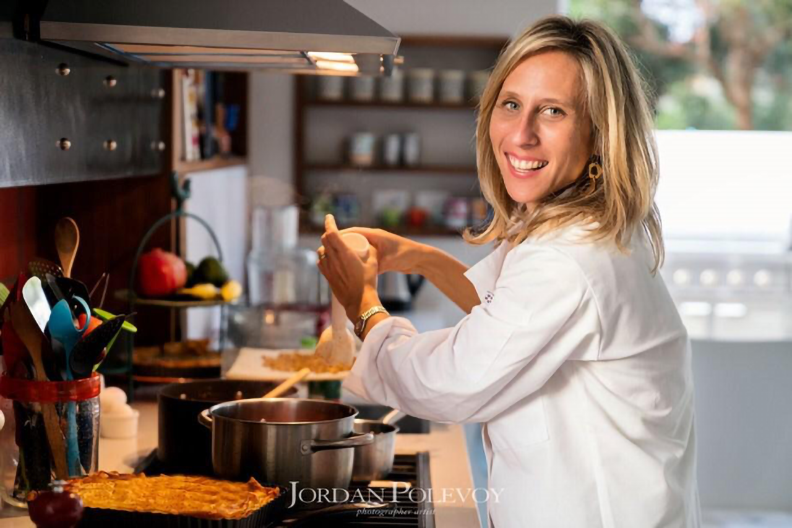
 More news and opinions than at a Shabbat dinner, right in your inbox.
More news and opinions than at a Shabbat dinner, right in your inbox.